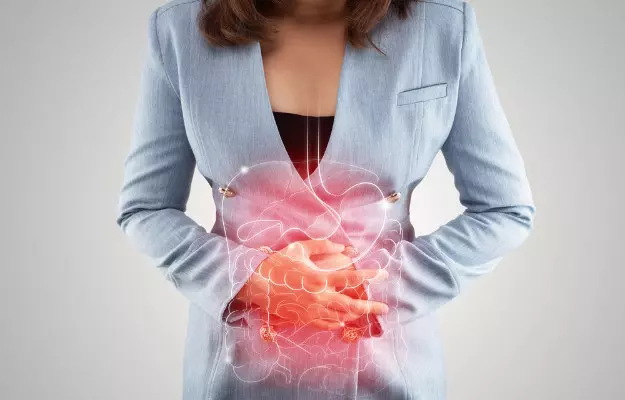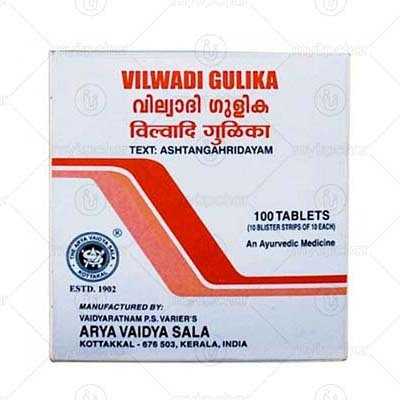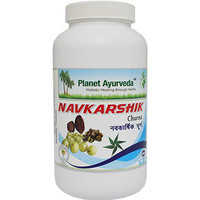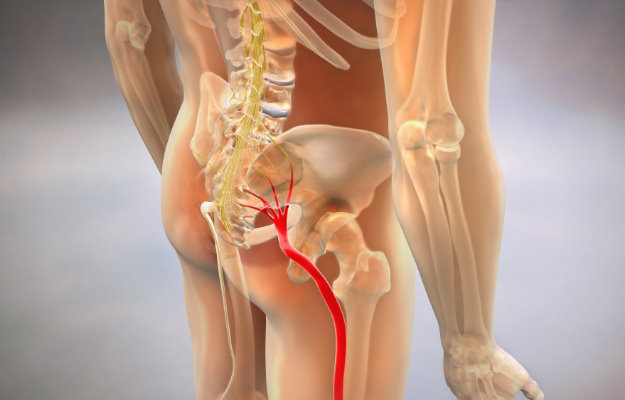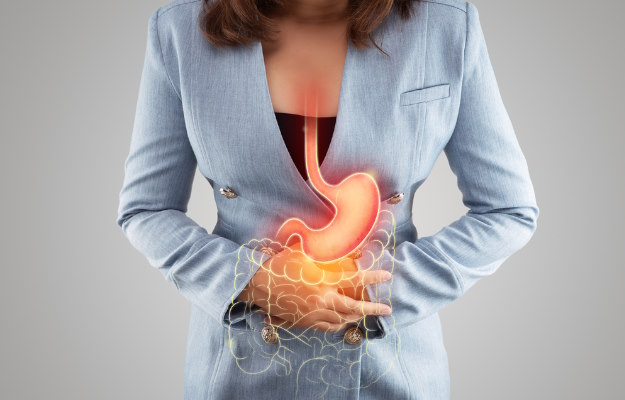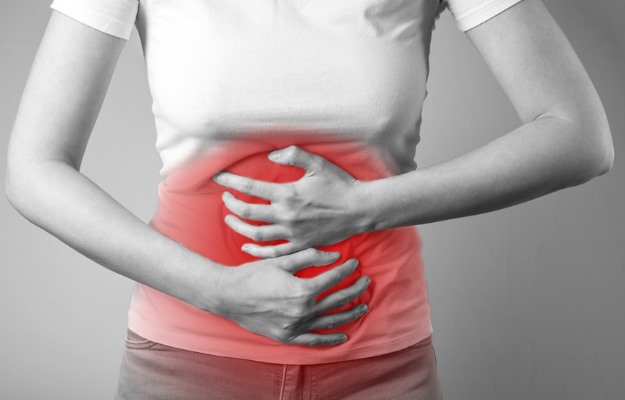Irritable Bowel Syndrome (IBS) is considered a gastrointestinal disorder, affecting millions of people worldwide. Abdominal pain, bloating, constipation, diarrhea, etc. have been considered symptoms of IBS. Although the exact cause of IBS is not known, experts believe that any kind of problem in the intestine and mental stress together can cause this problem. Whereas, there are different types of IBS, out of which 4 major factors are mentioned here. Along with this, their symptoms and treatment have also been explained.
Today in this article we will discuss in detail the four types of IBS -
(Read More - Irritable bowel syndrome diet)

